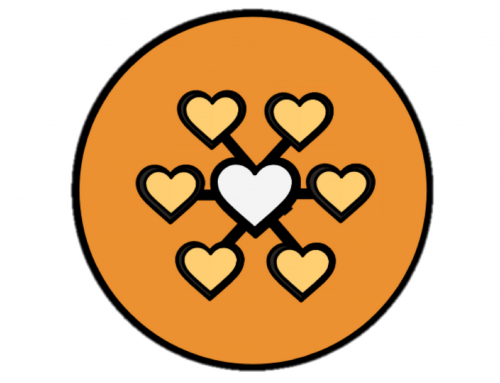Number 1 – Get clear on where your time is going, by keeping track of every hour for a week using a notebook or one of the many apps around eg. Toggl or Clockify
Number 2 – Decide how you intend to save time. Once you have the data from your time-tracking exercise, you can start cutting it down. Research shows that the big time suckers include: social media, news, online games, meetings, email and TV, many of which are designed to both grab your attention and hold onto it as long as possible. It doesn’t have to be about all or nothing, but any time you cut out gives you back more of your day. With some tweaking, you could free up an extra two hours per day or more.
Number 3 – Set your day up for success. One of the most important hours of the day is the very first hour. By taking ownership of this hour, you’ll set your day up for success. To illustrate. My first hour used to comprise of getting out of bed, looking at my phone, seeing the news headlines, feeling miserable… Now I’m fiercely protective of my first hour and don’t let the outside world in at all. This is my time to meditate, exercise and plan the day ahead.
Number 4 – Review your day each morning – a great morning habit. You are a creature of habit, and by becoming aware of your daily habits, you empower yourself to make positive changes. One great tool to help is the daily habit journal. If you’re not used to tracking your habits, a good place to start is by tracking your ‘foundational personal wellbeing habits’ including:
- Your mood – how are you feeling right now, on a scale of 1-10?
- The food you ate yesterday – food is the foundation of wellness. What you put into your body becomes your body, so it’s extremely useful to keep a track of what you ate, and how it made you feel.
- Movement – we’re designed to move, so track your steps via one of the many apps available, eg. the Health app that is pre-installed on all iPhones.
- Sleep – sleep is when our bodies cleanse and recover. Setting yourself up for a great night’s sleep will help you feel good and have more energy the next day. There are plenty of sleep trackers such as my personal favourite, the Oura Ring, but you don’t need a high tech solution. Just note down the times you went to sleep and woke up and the number of hours you slept.
- Learning – as well as feeding our bodies, we need to feed our minds with inspiring and practical information that helps us grow. Note down the key things learned the day before.
- How much you spent – financial stress is one of the biggest sources of stress in our lives. Our culture encourages us to spend money we don’t have, buying things we don’t need, building up debt and stress in the process. Tracking your daily spend will help you understand where your money is going and allow you to make changes.
Number 5 – Use your calendar to guide you – a calendar gives you a visual representation of your day, your week, your month and your year. Whether you use a digital or print-based calendar, chunking and labelling your time will help to reduce overwhelm and the stress hormone cortisol, and create some clear boundaries. Labels could include: ‘Desk Time’, ‘Reach Out Time’, ‘Exercise Time’, ‘Family Time’ and ‘Dabble Time’ for the periods where you just want to go with the flow. Whilst it may sound restrictive for some people, building in this kind of structure will give you more free time.
Number 6 – Stop worrying about the future. Research shows that 85-90% of the things we worry about never transpire, and just eat up energy and mental health. If you are a natural worrier, free yourself of the stresses about the future by focusing on the things you can control. One technique that could help is the ‘worst-case scenario’ technique. If you’re worried about, let’s say, losing your job, quantify the odds of that event occurring in % terms. Then brainstorm the things that you can do to positively reduce that likelihood. Then invest your time doing, rather than worrying.







